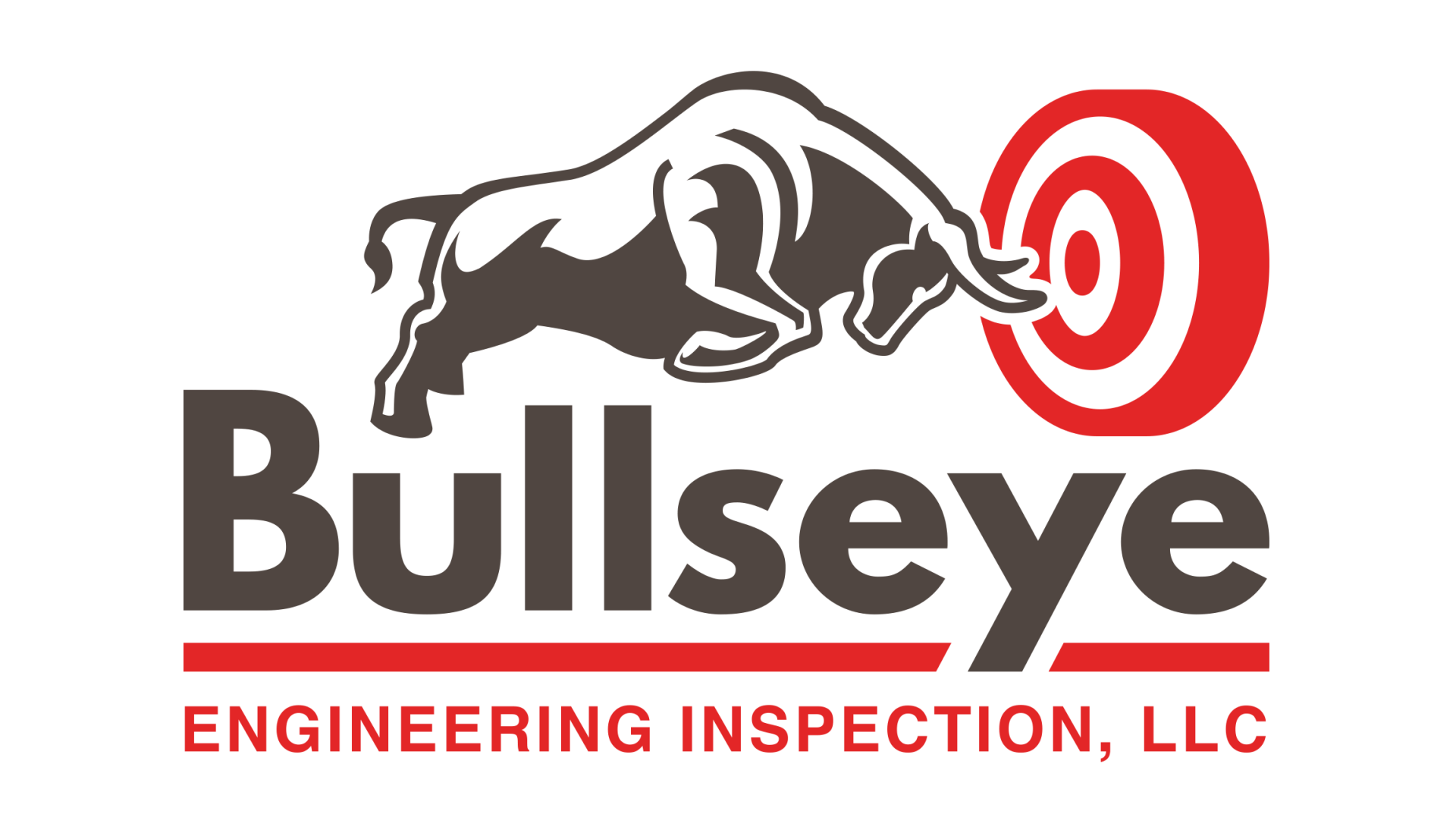
When it comes to buying a home, especially a foreclosure, it’s essential to understand the unique challenges that come with it. Foreclosure inspections are a critical step in this process, helping potential buyers make informed decisions. In this blog, we’ll delve into the importance of these inspections, what they entail, and how they can save you time and money in the long run.
What Are Foreclosure Inspections?
Foreclosure inspections are specialized evaluations conducted on properties that have been repossessed by lenders. These inspections serve to assess the condition of the home, revealing any underlying issues that may not be visible during a casual walkthrough. Such assessments are essential because buying a foreclosure can often come with hidden surprises that could lead to significant unexpected expenses down the road.
Typically, a foreclosure inspection covers a comprehensive range of aspects, from structural integrity to the operational functionality of plumbing and electrical systems. The aim is to paint a complete picture of the property’s condition. If you’re considering the purchase of a foreclosed home, having a thorough inspection can help avoid the pitfalls that many buyers face, often leading to costly repairs after the fact.
The Benefits of Foreclosure Inspections
One of the primary benefits of foreclosure inspections is risk mitigation. By uncovering potential problems before you close the deal, you can negotiate repairs or make informed decisions about your budget. This foresight can be the difference between a stress-free home buying experience and a long-term headache filled with costly repairs. It’s an investment in your peace of mind.
Furthermore, foreclosure inspections can significantly boost your confidence in your purchase decision. Knowing that you’ve had a detailed and professional assessment means you can focus on the positives of your potential new home rather than lingering uncertainties. This heightened sense of security can help ease the natural anxiety associated with such a significant investment.
Additionally, many buyers appreciate the negotiating leverage that comes from having a detailed inspection report. If the inspector identifies issues, you can present these findings to the seller, which may lead to adjustments on the sale price or requests for repairs before finalizing the purchase. This proactive approach can result in substantial financial savings.
Common Issues Discovered During Inspections
Common issues that arise during foreclosure inspections can range from minor repairs to major structural concerns. Among the most frequently identified problems are plumbing issues such as leaks or outdated piping, which can lead to both water damage and mold over time. Electrical problems are also significant, given that outdated wiring can pose a fire hazard. These findings are crucial because they not only affect your immediate costs but also your long-term safety.
Another area of concern is the condition of the roof. Many foreclosures have been neglected, leading to problems such as leaks or missing shingles. These can result in extensive damage if not addressed, making a thorough inspection imperative. By identifying roof issues early, you can plan for repairs before they escalate into a much larger, more expensive problem.
You may also encounter hidden issues in the foundation or structural elements of the home. These can be costly to repair and lead to serious safety concerns. An inspector will look for cracks in walls or uneven floors, which might indicate foundational issues. Being aware of these conditions before purchase can save you from making a regrettable investment.
How to Choose the Right Inspector
Choosing the right inspector for your foreclosure inspection is a critical step in the home-buying process. It’s essential to seek out professionals who specialize in foreclosure properties, as they have specific knowledge about the challenges these homes can present. Look for inspectors with credentials, such as a certification from a reputable organization or extensive experience in the field.
It’s also beneficial to read reviews and ask for references. A qualified inspector should have a track record of success, where past clients can attest to their thoroughness and professionalism. Don’t hesitate to inquire about their inspection process and any potential additional specialties they may offer. This will help you feel more confident in your choice, knowing you’re working with someone well-prepared to assist you.
Moreover, ask about the inspector’s experience with foreclosures specifically. These properties can come with unique challenges and knowing the right aspects to analyze can make a significant difference. Your inspector should provide a detailed report to ensure you understand both the visible and hidden aspects of the property.
The Foreclosure Inspection Process Explained
The foreclosure inspection process is a systematic approach designed to assess a property’s condition comprehensively. It typically begins with a visual walkthrough, where the inspector checks for major issues. Following this initial examination, more in-depth assessments take place, focusing on vital systems like HVAC, plumbing, and electrical components.
Many inspectors will also perform tests, such as checking for moisture levels in areas prone to water damage or evaluating the home’s insulation effectiveness. This thoroughness ensures that no stone is left unturned and that you have a complete picture before committing to a purchase. It’s a crucial phase where potential risks are identified, enabling you to make educated decisions.
After the inspection is completed, the inspector will provide a detailed report outlining their findings. This documentation is essential for helping you understand both immediate and long-term issues that could affect your investment. It offers a roadmap for necessary repairs and enhancements, allowing you to plan your future actions wisely.
Post-Inspection: What to Do Next
Once you receive the inspection report, it’s time to process the information and formulate your next steps. Start by reviewing the key findings with your real estate agent or a trusted advisor. They can help you understand the scope of the problems and determine which repairs are urgent and which can wait.
From there, consider your budget for repairs. Use the information from the inspection to decide if you wish to negotiate a lower purchase price with the seller, request that they remedy specific issues prior to the sale, or plan for the necessary repairs yourself after closing. Being informed allows you to navigate the negotiation process with confidence.
Ultimately, the goal is to ensure your new home is safe and well-maintained. If repairs are necessary, create a timeline for managing them once you take ownership. This proactive approach not only protects your investment but also enhances your enjoyment of your new home.
Foreclosure Inspections vs. Traditional Home Inspections
While foreclosure inspections share similarities with traditional home inspections, there are distinct differences that can affect your home buying process. Traditional home inspections generally focus on assessing a home’s overall condition and identifying maintenance issues. In contrast, foreclosure inspections need to delve deeper due to the potential extent of neglect and damage often associated with these properties.
Foreclosure inspections typically prioritize finding hidden issues that may have been overlooked during the initial evaluation. This could involve a closer examination of the home’s systems and structure, ensuring that you understand the full ramifications of the property’s state before proceeding. Given the financial stakes involved, this higher level of scrutiny can be a decisive factor in your purchase decision.
Consequently, while both inspections serve to inform buyers, foreclosure inspections require a more focused approach to ensure that you’re not only getting a good deal but securing a safe and sound property. Being aware of these differences can significantly enhance your home buying experience and help you navigate the complexities of purchasing a foreclosed home.
Final Thoughts on Foreclosure Inspections
In conclusion, foreclosure inspections are an indispensable part of the home buying process in Houston. They not only protect your investment but also give you peace of mind. By understanding the true condition of a property before making a purchase, you can avoid costly repairs down the line and ensure that your new home meets your needs. Don’t skip this vital step in your home buying journey.

